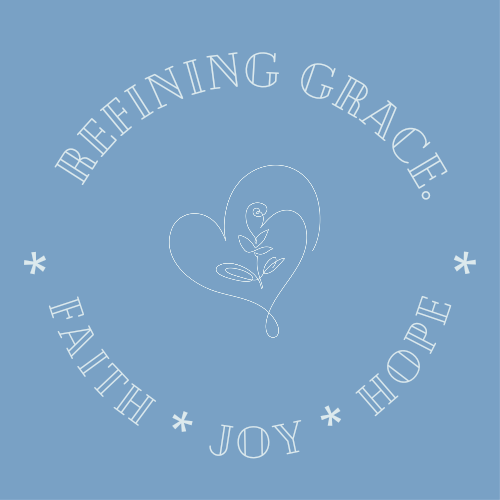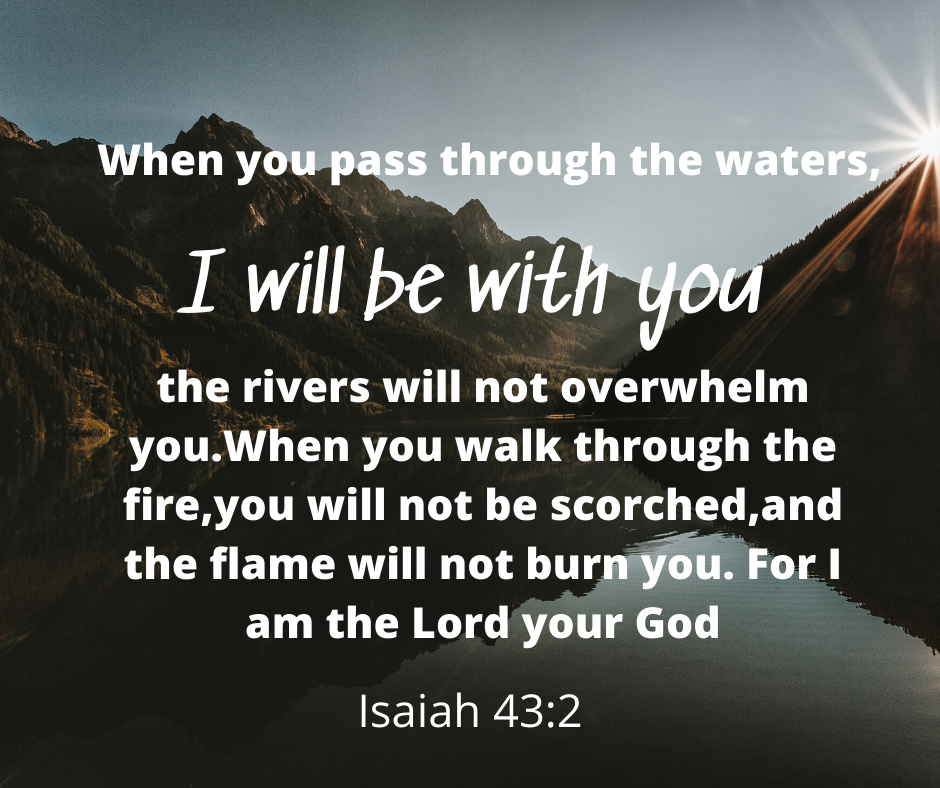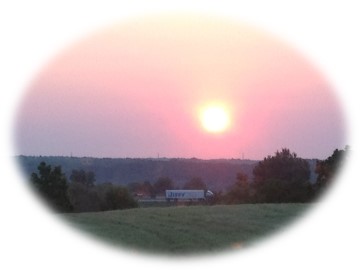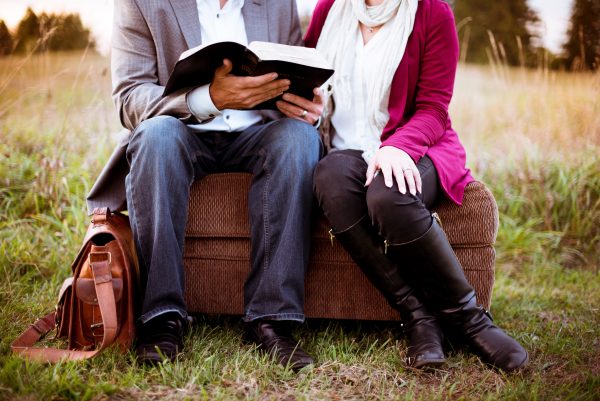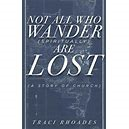Guest post by Traci Rhoades
A few years back I went with a friend to hear author and speaker, Lisa Bevere, speak at a nearby church, one more charismatic than mine. Before the guest speaker came out we sang some praise and worship songs, the kind that repeats the chorus a time or two or twelve. As the intro music played the worship leader said we could move into the aisles to give ourselves freedom in worship. And people did. They jumped, raised their hands and swayed. It was highly energetic. I thought to myself, this isn’t my style of worship anymore. Concert style.
What I did not think was this worship style is wrong. I knew that was progress. I’d learned we don’t have to be comfortable for it to be worship. We can worship in a myriad of ways.
On the other side of the spectrum, one Sunday I worshiped with the Quakers in an unprogrammed service. Here is an explanation of this worship style taken from the Friends General Conference (FGC) website:
While all Quakers meet in worship to hear more clearly God’s “still small voice” (1 Kings 19:12), Friends in the unprogrammed Quaker tradition base our worship entirely on expectant waiting. We take the Psalmist’s advice literally: “Be still and know that I am God” (Psalm 46:10).
We meet in plain, unadorned rooms because we have found that, in such places, we are less distracted from hearing that still small voice. There are no pulpits in our meeting rooms because we minister to each other. Our benches or chairs face each other because we are all equal before God. We have no prearranged prayers, readings, sermons, hymns, or musical orchestrations because we wait for God’s leadings (guidance and direction) and power in our lives.
During worship, a message may come to us. Friends have found that messages may be for our personal reflection or for sharing on another occasion. Or they may be a leading to stand and speak. Friends value spoken messages that come from the heart and are prompted by the Spirit, and we also value the silence we share together. Following a spoken message, we return to the silence to examine ourselves in the Light of that message. Meeting for worship ends when one Friend, designated in advance, shakes hands with his or her neighbors. Then everyone shakes hands. No two meetings are ever the same.
So on a Sunday morning this past December, with my young daughter and two women who joined us seated beside us, we sat in a circle of friends. Promptly at 10:30 the group leader sat in his chair, folded his hands, closed his eyes, and we sat in silence for an hour. If the Spirit moved someone to speak, they could. That’s how it works. But no one felt the Spirit telling them to speak, so we mainly sat with our eyes closed. No songs were sung. Afterward we shared our first names, fellowshipped for about 20 minutes, and church was over.
I’ve only tried it once but I’m pretty sure this is not my style of worship either. Quaker style.
It’s not wrong though. We don’t have to be comfortable for it to be worship. We can worship in a myriad of ways, pointing to our Creator, who gave us such amazing variety.
Order Traci’s new book here Not All Who Wander (Spiritually) Are Lost, or here.
Visit her website at tracesoffaith.com. Find her on Twitter at @tracesoffaith.
